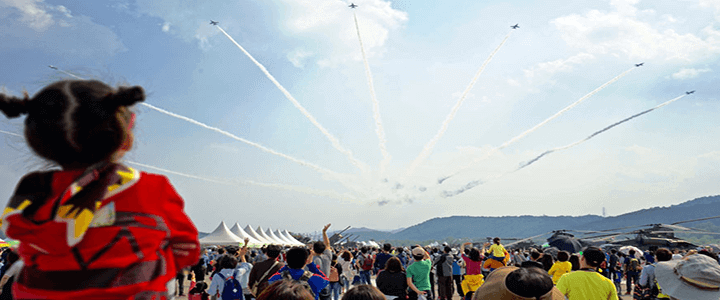Call it one small step for a Korean athlete, one giant leap for North-South Korean relations. Even as the Democratic People’s Republic of Korea continues to trade insults with the president of the United States, there is reason to look with cautious optimism at the state of affairs on the Korean peninsula.
With just three weeks to go before the lighting of the torch for the XXIII Winter Olympic Games in PyeongChang, Korea, the DPRK has officially expressed its interest in participating alongside, even in conjunction with, the Republic of Korea. While this is being reported as a “done deal,” there are still some formalities to work out.
Saturday Meeting in Lausanne
The International Olympic Committee has been trying since 2014 to qualify DPRK athletes for the games. Despite those efforts, all the deadlines for registering have expired. But this is an important an potentially historic moment, so IOC President Thomas Bach will preside over a four-party meeting on Saturday, Jan. 20 at Olympic Headquarters in Lausanne, Switzerland. The meeting will include ministerial-level representatives from both Koreas, and each country’s IOC member.
Clearly they will talk about more than the weather.
The meeting will formally decide how many DPRK athletes and officials will be allowed to participate, and other protocol issues like flag and national anthem. But on the flag issue, things seem to be settled as far as the Koreans are concerned. The South Korean government has said the two nation’s athletes will march under the “Unification Flag,” a white banner with a blue silhouette of the peninsula.
According to the IOC, the two nations last marched under that banner for the 2006 Winter Games in Turin, Italy, but competed for their respective countries. This time around, in at least one sport — women’s ice hockey — the Koreas propose a joint team.
Time to set politics aside
Last month, U.S. Ambassador to the U.N. Nikki Haley suggested the U.S. might not attend the games out of concern for the security of the athletes. Earlier this month, Sen. Lindsey Graham (R–S.C.) tweeted that if the DPRK attended the games, the U.S. should boycott rather than “give legitimacy to the most illegitimate regime on the planet.”
But this is not 1980, and the DPRK, for all its faults, is not only not hosting the games (as the Soviet Union was doing in that summer), it has not recently invaded Afghanistan.
Besides, the Olympics are enjoyable largely because they can be both so political and so apolitical at the same time. In 1980, before President Jimmy Carter announced the U.S. would boycott the Summer Games in Moscow, the Winter Games took place in Lake Placid, N.Y. No one my age or older can hear the voice of sportscaster Al Michaels without recalling with pride how a bunch of college kids, mostly from Minnesota and Massachusetts, beat the essentially professional hockey team from the Soviet Union 4-3 in the semifinal round.
After beating the Russians at their national game, the gold medal game against Finland two days later was almost anticlimactic, except for the iconic image of goalie Jim Craig, draped in the American flag, looking for his father in the stands.
Sports give us a chance to put political differences mostly aside and challenge our foes to games of skill. The athletes play for both personal achievement and national pride. Victory is sweet, whether on the battlefield or the hockey rink. And if participating in Olympic Games alongside athletes from the DPRK is what it takes to ease tensions on the island and see each other, even for two short weeks, as human, then so be it. Let’s play some hockey and hit the slopes.



